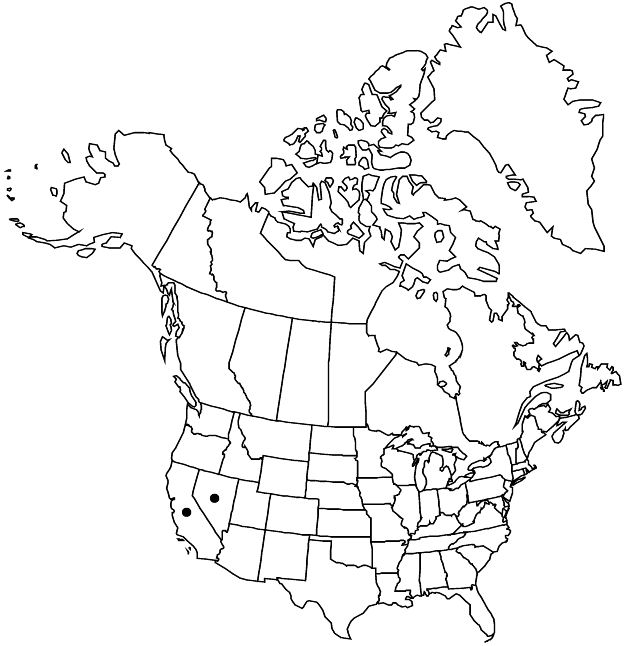familyRosaceae
subfamilyRosaceae subfam. Rosoideae
genusIvesia
sectionIvesia sect. Unguiculatae
speciesIvesia aperta
varietyIvesia aperta var. aperta
Difference between revisions of "Ivesia aperta var. aperta"
FNA>Volume Importer |
FNA>Volume Importer |
||
| Line 45: | Line 45: | ||
|publication year= | |publication year= | ||
|special status= | |special status= | ||
| − | |source xml=https://jpend@bitbucket.org/aafc-mbb/fna-data-curation.git/src/ | + | |source xml=https://jpend@bitbucket.org/aafc-mbb/fna-data-curation.git/src/f6b125a955440c0872999024f038d74684f65921/coarse_grained_fna_xml/V9/V9_373.xml |
|subfamily=Rosaceae subfam. Rosoideae | |subfamily=Rosaceae subfam. Rosoideae | ||
|tribe=Rosaceae tribe Potentilleae | |tribe=Rosaceae tribe Potentilleae | ||
Revision as of 20:36, 24 September 2019
Stems ascending to erect. Flowers (20–)30–250, usually more than 10 per glomerule, 5–10 mm diam.; hypanthium 2–3(–4) mm diam.; petals oblanceolate, 2–3 mm, shorter than sepals; filaments 1–1.5(–2) mm; styles 2–3 mm. 2n = 28.
Phenology: Flowering summer.
Habitat: Dry meadows, edges of seeps, slopes, and flats, on vernally saturated volcanic soil, in sagebrush and grass communities, conifer woodlands
Elevation: 1300–2300 m
Discussion
Of conservation concern.
Variety aperta is most abundant in Sierra Valley and its drainages in Plumas and Sierra counties, California, barely extending into Lassen County. Disjunct populations occur in the Carson Range in southern Washoe County and the Virginia Range of Storey County, Nevada.
The chromosome count given here is based on a collection originally identified as Ivesia sericoleuca (D. D. Keck & A. Gustafsson 4901).
Selected References
None.
Lower Taxa
None.
